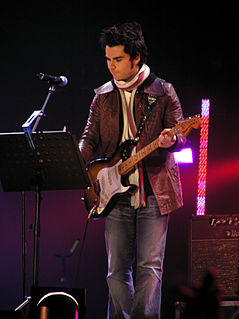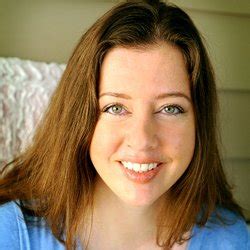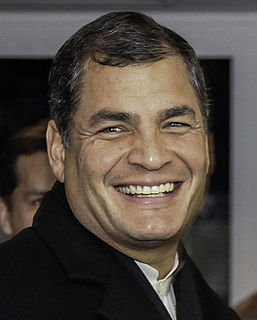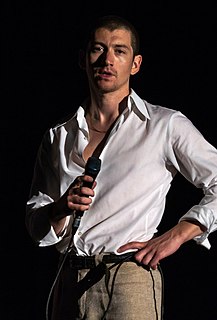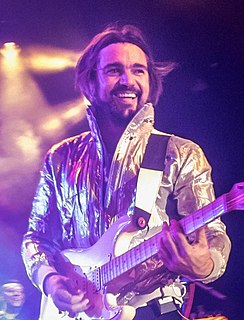A Quote by Mario Vargas Llosa
When I was growing up, the Spanish-speaking world was Balkanized. We were isolated. We didn't know what was happening in cultural terms in Ecuador, Colombia and Chile. Nowadays, this has changed a lot - fortunately for writers and readers. There is much more integration.
Related Quotes
The culture's changed massively. The kids are different, with the phones and stuff. Even if you like a song, you don't really know who the artists are, it's a lot more faceless, it's a lot less tribal. When we were growing up it was much more tribal - it was rock, it was grunge. Now people like songs, [but] they don't necessarily know the song's origins. I don't know how you would feel angry at the world, or distressed, because most people are constantly distracted or consumed.
The running joke about the Premio Cervantes, the most coveted literary prize in the Spanish-speaking world, which was established by Spain's Ministry of Culture in 1976, is that Cervantes himself wouldn't have received it. This is because he was, in his heart, the most anti-Spanish of Spanish writers.
I saw that something changed in terms of the way I approach writing. I don't know. Before, everything was just sort of pieced together; and more and more nowadays I'll have complete songs - chords, lyrics, a melody - and we'll apply to those songs what we feel is required. That has happened much more on Humbug album than on any of the others.
There are so many things happening nowadays that you've seen in films from years ago, like cloning and all of those things are actually happening now, so we can kind of visualize it a lot more, and I think our generation particularly know that we're going to be a big part of that, we we're kind of fascinated with how human beings will fare in the world.
In 500 years, English has changed a lot, and right now we're undergoing an extremely rapid rate of accelerated advancement in terms of technology, but I still have a hard time believing that we're going to stop speaking to each other. The role of architecture, in terms of communication, is not going to drastically change either. It's going to continue to create a cultural affect where people will be able to understand something beyond function that may otherwise be foreign to them.

